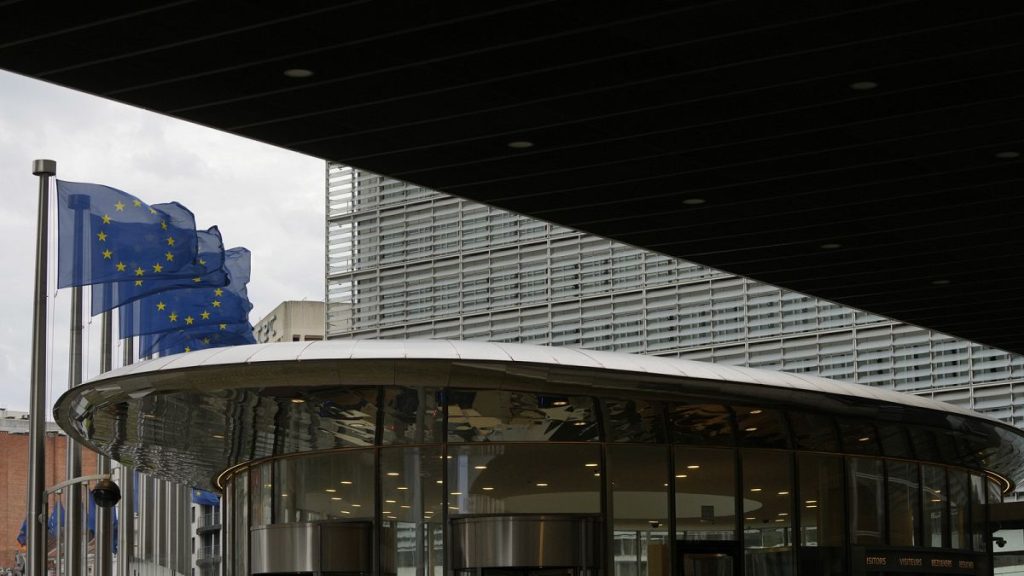New research conducted by European Democracy Consulting reveals that citizens from Central and Eastern Europe are being increasingly marginalized in EU leadership positions, while Western Europeans are solidifying their dominance within the bloc’s institutions. In 2023, not a single individual from Central or Eastern Europe was appointed to a EU leadership role, with 73% of new appointments going to Western Europeans. This disparity becomes even more pronounced when considering population sizes, as Western Europe received over 1.5 times their expected share of leadership positions, while Central and Eastern Europe only secured a quarter of theirs. The study, which analyzed appointments to executive leadership positions across EU institutions, warns of a deepening East-West divide in high-level posts and urges the institutions to establish clear goals and targets to restore geographical balance in EU leadership roles.
As Europeans prepare to head to the polls in two months, triggering a reshuffle in EU top jobs, the lack of representation for citizens from Central and Eastern Europe becomes an increasingly urgent issue. The authors of the study caution against ignoring the report, as Eurosceptic movements are gaining momentum and could capitalize on the perception of unfair representation in EU institutions. Polls predict a surge in votes for populist parties that are critical of Brussels, viewing the institutions as symbols of technocracy and elitism. The study highlights a concerning lack of geographical balance in EU leadership positions and calls for immediate action to address this imbalance to avoid further alienating citizens across the continent.
Since the 2004 enlargement wave that welcomed ten new countries from Central and Eastern Europe into the EU, there has been a failure to maintain a fair geographical balance in EU institutions. The guiding rates that are meant to ensure representation from all regions of Europe have not been effective, leading to an overrepresentation of Western Europeans in high-level positions. The report also notes a decline in applicants from northern and Scandinavian countries, highlighting a broader trend of unequal representation within EU institutions. This situation has only worsened in recent years, with Western Europeans increasingly dominating appointments, particularly in high-ranking political roles, raising concerns about the lack of diversity and inclusivity in EU decision-making bodies.
Looking ahead to the upcoming election and subsequent negotiations for EU top jobs, there is growing pressure on the bloc to ensure that strategic portfolios are evenly distributed among member states. Key areas such as foreign policy, defense, and economic policy must be allocated in a way that gives Eastern and Central Europe a significant stake in EU decision-making processes. The dominance of Western Europeans in previous top roles, including all 14 former Presidents of the European Commission, underscores the need for a more equitable distribution of leadership positions. As the EU grapples with internal divisions and rising Euroscepticism, addressing issues of representation and geographical balance within its institutions will be crucial to fostering a more inclusive and cohesive European Union.


